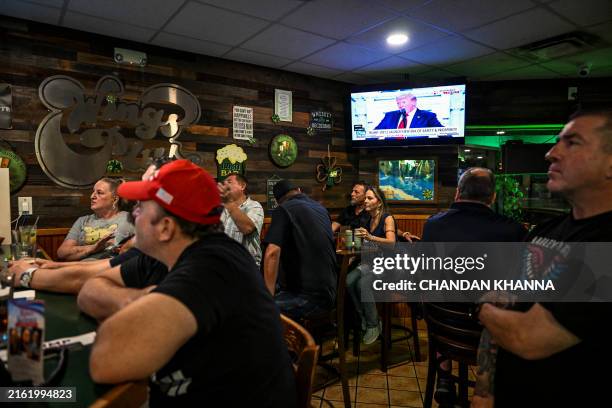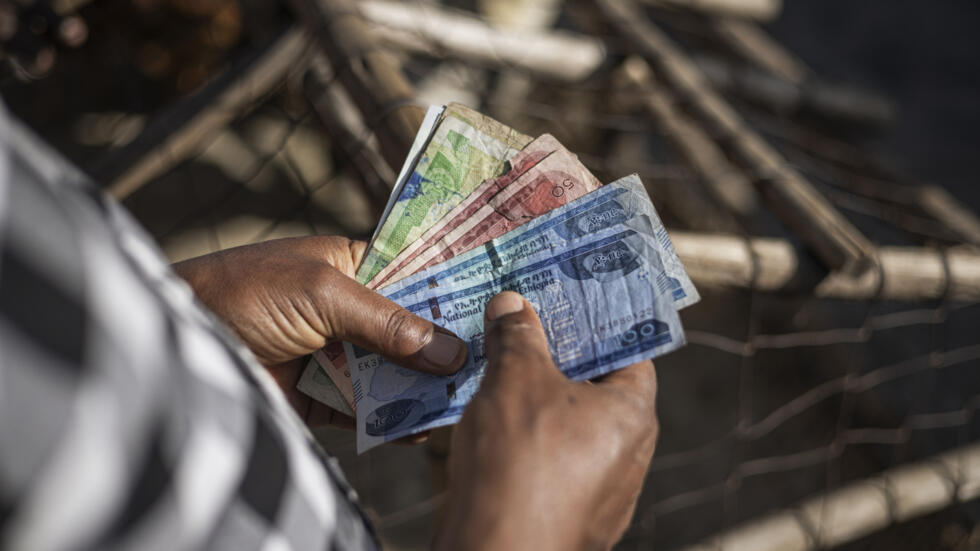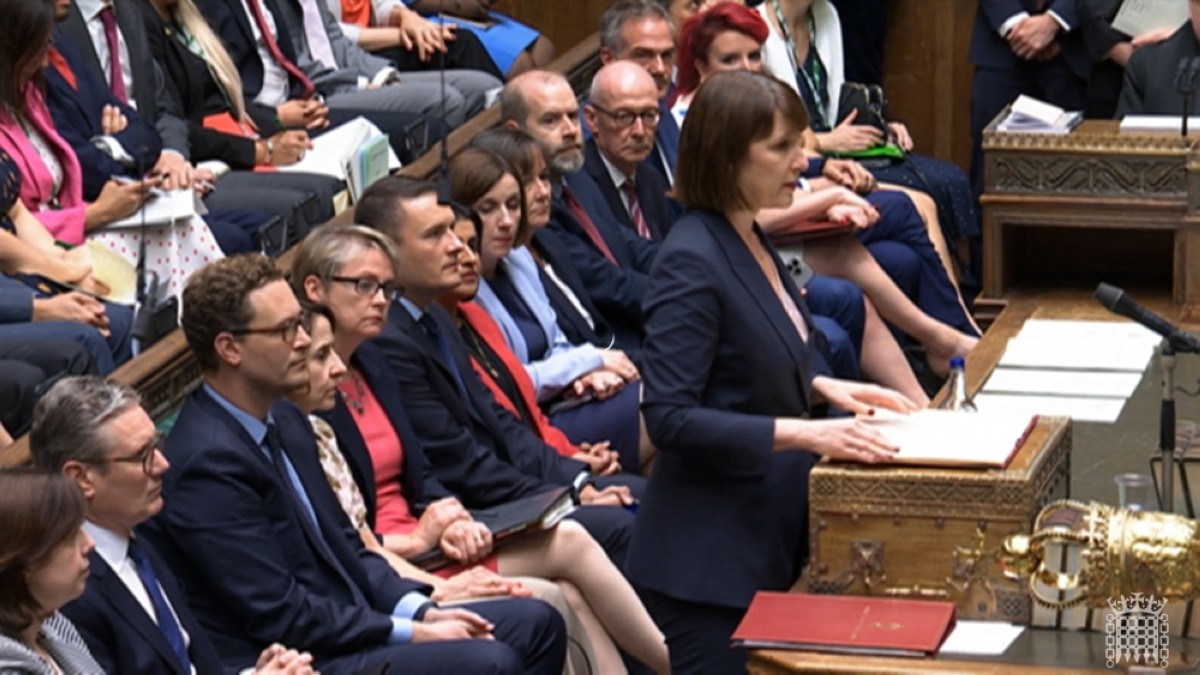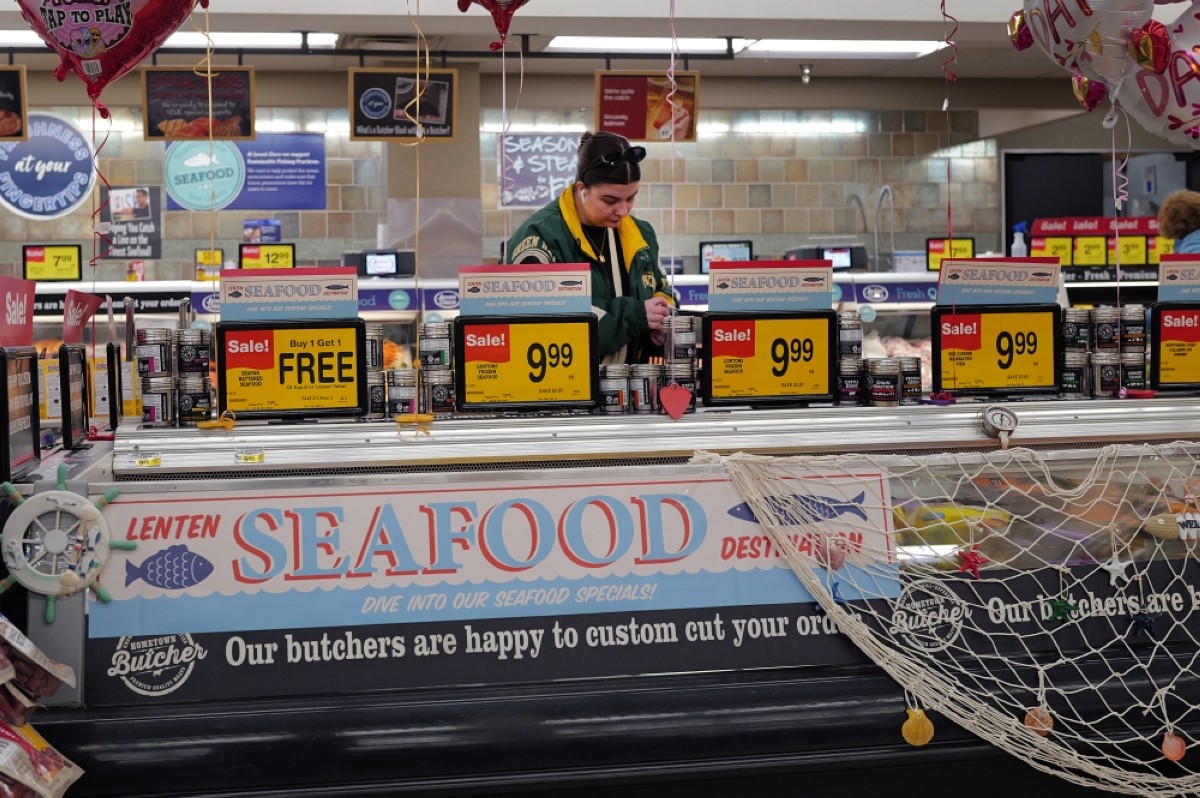LNG shipments will be hit by Red Sea attacks: Qatar PM
DAVOS: Liquefied natural gas shipments will be affected by tensions in the Red Sea, Qatar’s prime minister said on Tuesday, warning that military strikes on Yemen risk aggravating the crisis.
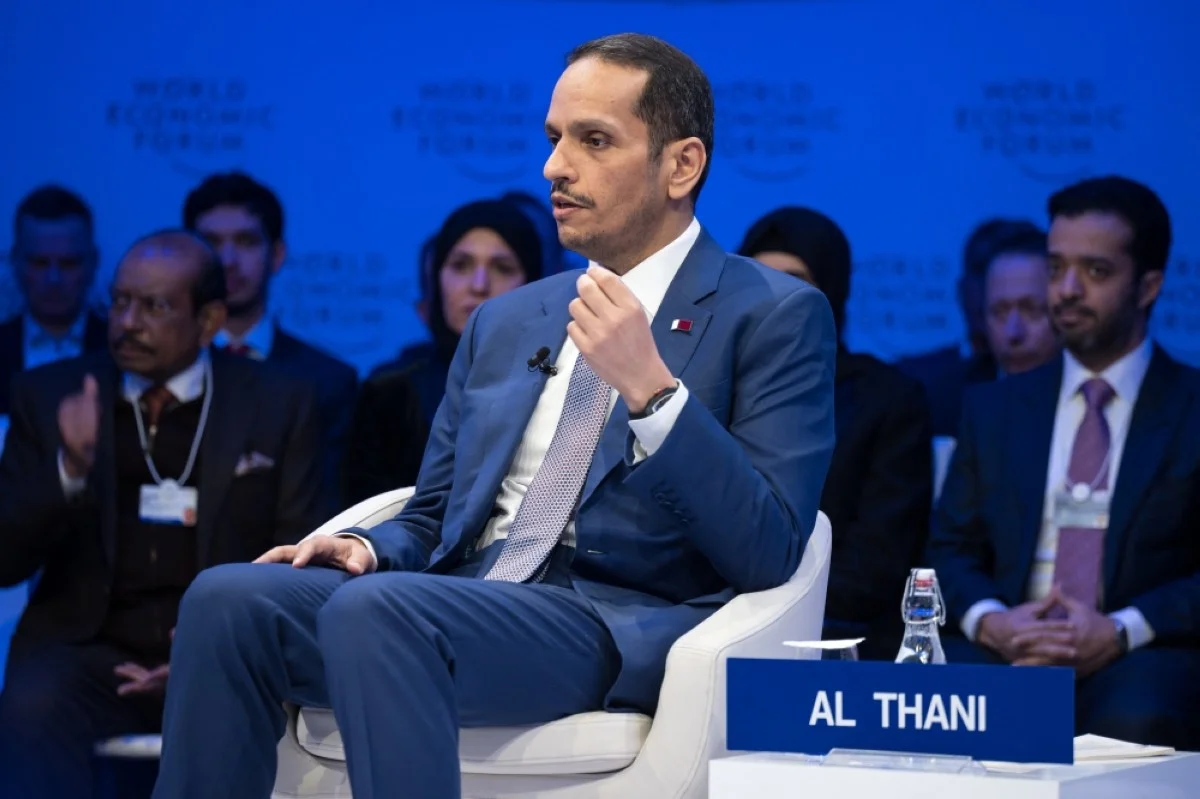
DAVOS: Qatar's Prime Minister and Foreign Minister Sheikh Mohammed bin Abdulrahman Al-Thani (right) speaks during a session of the annual meeting of the World Economic Forum (WEF) in Davos on January 16, 2024. – AFP.
“LNG is... as any other merchant shipments. They will be affected by that,” Sheikh Mohammed bin Abdulrahman Al-Thani told the World Economic Forum in Davos, referring to the increasing exchanges with Yemen’s Houthi rebels.
“There are alternative routes, those alternative routes are not more efficient, they’re less efficient than the current route,” he added. Rather than use the key route between Asia and European markets, which normally carries about 12 percent of global maritime trade, some shipping companies are now taking a major detour around southern Africa.
Bloomberg reported on Monday that at least five LNG vessels operated by Qatar had stopped en route to the Red Sea. Sheikh Mohammed said the “central issue” of Gaza, where the Zionist entity’s war on Gaza has been raging since October, must be addressed to calm the situation in the Red Sea.
He added: “(Military intervention) will not bring an end for this, will not contain it. So the contrary, I think will create... a further escalation.” His comments come after US and British forces hit scores of targets across Yemen on Friday following weeks of attacks by the Iran-backed rebels in response to the Zionist entity’s war with Hamas militants in the Palestinian territory.
Then on Sunday, US forces shot down a Houthi cruise missile targeting an American destroyer, and on Monday a US-owned cargo ship in the Gulf of Oman was hit by another Houthi missile. The Houthis had been targeting what they deemed the Zionist-linked shipping but after Friday’s attacks, they declared US and British interests “legitimate targets”.
The Qatari premier called the Red Sea crisis “the most dangerous escalation right now because it’s not affecting only the region, it’s affecting the global trade as well”, as fears rise that the war in Gaza could spread. Violence involving Iran-aligned groups in Yemen, Lebanon, Iraq and Syria has surged since the war in Gaza began in early October.
Meanwhile, British oil giant Shell has paused transit through the key Red Sea shipping route indefinitely, over fears of escalating tensions involving Yemen’s Houthi rebels, according to a media report Tuesday. The worries of escalation grew after United States and United Kingdom strikes on scores of sites in rebel-held Yemen Friday, the Wall Street Journal reported, in retaliation over Houthi attacks in the Red Sea which have disrupted shipping.
The Houthis have been targeting what they deemed the Zionist-linked vessels. But after Friday’s strikes, they declared US and British interests “legitimate targets.” On Sunday, US forces shot down a Huthi cruise missile targeting an American destroyer, and on Monday a US-owned cargo ship in the Gulf of Oman was hit by another Houthi missile. Shell decided to suspend transit last week, considering worries that a successful attack could cause a major spill and threaten the safety of ship crew, the Wall Street Journal reported on Tuesday. The company declined to comment on the matter when contacted by AFP.
The Journal also reported that in December, a tanker chartered by Shell was targeted by a drone in the Red Sea, and harassed by Houthi boats. The oil major’s decision comes after Britain’s BP said in December that it would suspend transit of oil through the Red Sea. — AFP.




